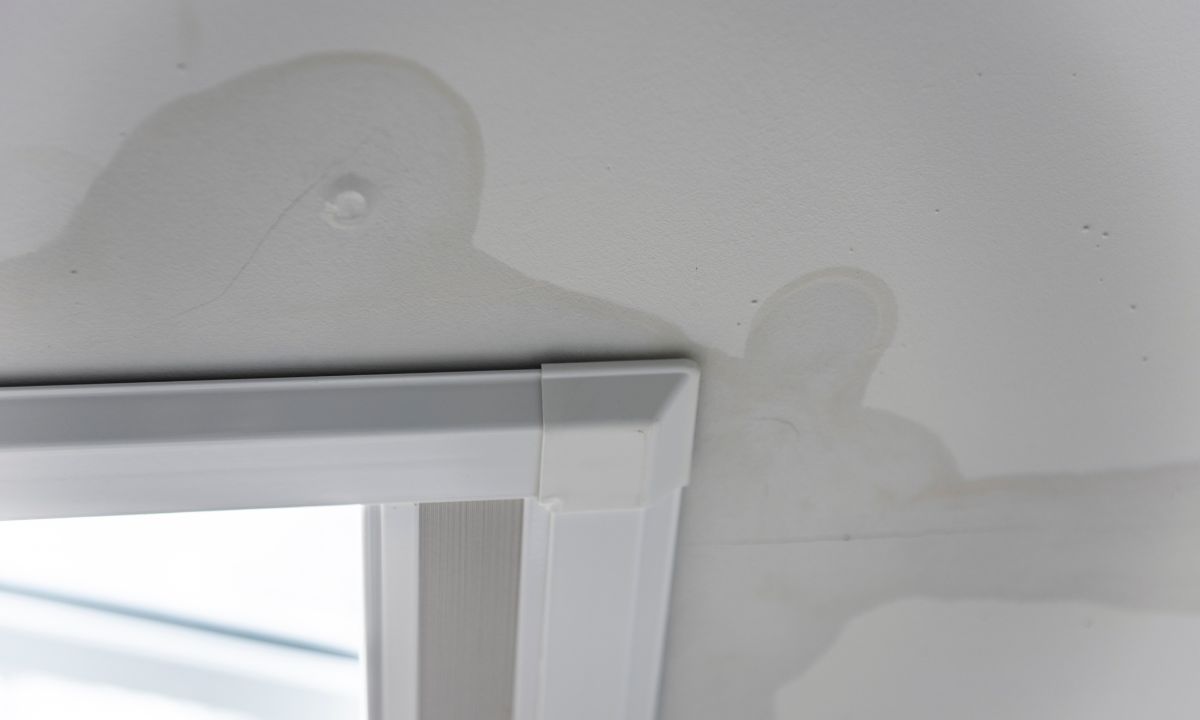 Buying a home is a significant investment, and ensuring the property is in good condition is crucial. There are times when asking the seller for repairs is the best course of action, but in other situations, requesting a credit may be more beneficial. Understanding when to choose each option can help you navigate the buying process more effectively.
Buying a home is a significant investment, and ensuring the property is in good condition is crucial. There are times when asking the seller for repairs is the best course of action, but in other situations, requesting a credit may be more beneficial. Understanding when to choose each option can help you navigate the buying process more effectively.
The Impact of Loan Types on Repairs
Certain loan types, such as Federal Housing Administration (FHA) and Veterans Affairs (VA) loans, require the home to meet specific condition standards. If the house doesn’t meet these standards, the loan could be rejected. This means if the seller doesn’t address necessary repairs before closing, financing could fall through, and the home may need to be relisted. Prospective buyers might be wary if they see a home sale fall through, which could impact the seller negatively.
Many buyers don’t want to deal with repairs post-closing and prefer the seller to handle them. If it’s a repair that doesn’t require immediate attention, many buyers opt to take a credit to save money at closing.
An inspection report will not flag out-of-date styles or bad paint jobs, but if it identifies issues, and the buyer wants to make design decisions in the process, a credit can be a great solution.
Negotiating Credits for Renovations
For instance, one of Kenny’s clients recently negotiated a credit for replacing the kitchen flooring due to damage from a long-term water leak. The credit was the ideal solution because it was less of a hassle for the seller and allowed the buyer to choose their preferred flooring and design.
Credits are also advantageous if the repair timeline would delay the sale, the buyer has a DIY background or simply wants control over choosing contractors and overseeing the project. No one will put more care and attention into fixing a new home than the buyers themselves and for sellers, repairs are often just another task to complete before the sale
Negotiating Credits and Repairs Without Losing Your Dream Home
When negotiating repairs or credits, it’s essential to avoid falling out of contract over the repair issues. For example, during the purchase of an accessory dwelling unit (ADU), working closely with the seller’s Realtor helped ensure the deal didn’t fall through over the need for a new roof. Offering the full list price, agreeing to a fast close, and opting against a home sale contingency were also strategic moves.
To negotiate effectively without losing your dream home, prioritize repair requests and focus on major issues. Be willing to take on minor repairs yourself and remain flexible and open to compromises, such as splitting costs or combining credits. Also, consider the current market conditions and the seller’s motivation.
Understanding when to request repairs and when to take credit can save you time, money, and hassle, making the home-buying process smoother and more rewarding.
 Purchasing a home is one of the most significant financial investments one can make in one’s lifetime. However, beneath the glossy exterior of a prospective dream home lies a world of hidden issues that can have a profound impact on your investment.
Purchasing a home is one of the most significant financial investments one can make in one’s lifetime. However, beneath the glossy exterior of a prospective dream home lies a world of hidden issues that can have a profound impact on your investment.